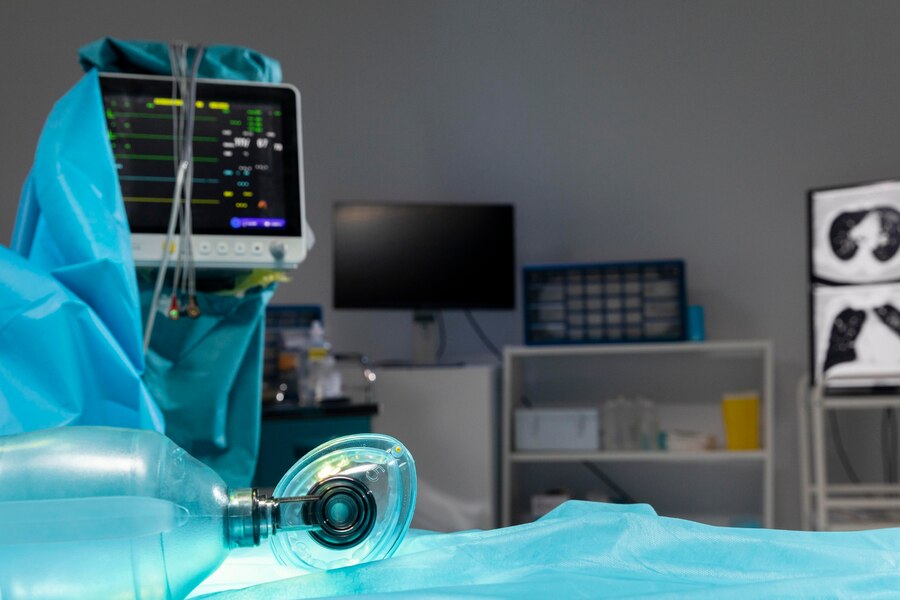Recovering from an injury can be challenging, but the right adaptive equipment can significantly enhance mobility, independence, and overall quality of life. Whether dealing with a temporary or long-term disability, investing in assistive devices can make daily tasks easier and more manageable. Accident Advocator is here to guide you through the best adaptive equipment options to support your recovery.
1. Mobility Aids
Maintaining movement is crucial for post-injury recovery. Mobility aids provide support, stability, and confidence in daily activities.
- Wheelchairs & Power Chairs: Ideal for those with limited lower-body mobility.
- Walkers & Rollators: Provide stability and support for individuals regaining their strength.
- Canes & Crutches: Help distribute weight and reduce strain on injured limbs.
2. Home Modifications for Accessibility
Creating an accessible living space ensures comfort and ease of movement.
- Ramps & Stairlifts: Allow for smooth access to elevated areas.
- Grab Bars & Handrails: Prevent slips and falls in high-risk areas like bathrooms.
- Adjustable Beds & Recliners: Enhance comfort and provide better support during rest.
3. Assistive Devices for Daily Living
Everyday tasks can become challenging post-injury, but assistive devices can help regain independence.
- Reachers & Grabbers: Allow individuals to pick up objects without straining.
- Dressing Aids: Help with putting on clothes, socks, and shoes.
- Adaptive Utensils: Ergonomic silverware and cups make eating more manageable.
4. Pain Management & Rehabilitation Tools
Managing pain and aiding physical therapy can accelerate recovery.
- TENS Units: Provide electrical nerve stimulation to relieve pain.
- Hot & Cold Therapy Packs: Reduce inflammation and muscle tension.
- Exercise Bands & Therapy Balls: Assist with strengthening muscles during rehabilitation.
5. Communication & Cognitive Assistance
For those facing cognitive or communication challenges, these tools can help.
- Speech-to-Text Devices: Assist individuals with speech impairments.
- Memory Aids & Reminder Apps: Help with scheduling and daily reminders.
- Voice-Activated Home Assistants: Provide hands-free assistance for various tasks.
6. Vehicle Adaptations for Easy Transportation
Getting around safely is essential for maintaining independence.
- Hand Controls for Vehicles: Allow individuals with limited leg mobility to drive.
- Wheelchair-Accessible Vans: Designed for seamless wheelchair access.
- Swivel Seats & Transfer Boards: Make getting in and out of vehicles easier.
Final Thoughts
Adaptive equipment can make a significant difference in your recovery journey by improving mobility, independence, and overall comfort. Whether you need assistance with movement, daily tasks, or rehabilitation, the right tools can help you regain confidence and freedom. Accident Advocator is committed to helping you find the best solutions for post-injury living. Stay informed, stay empowered, and take control of your recovery with the right adaptive equipment.




